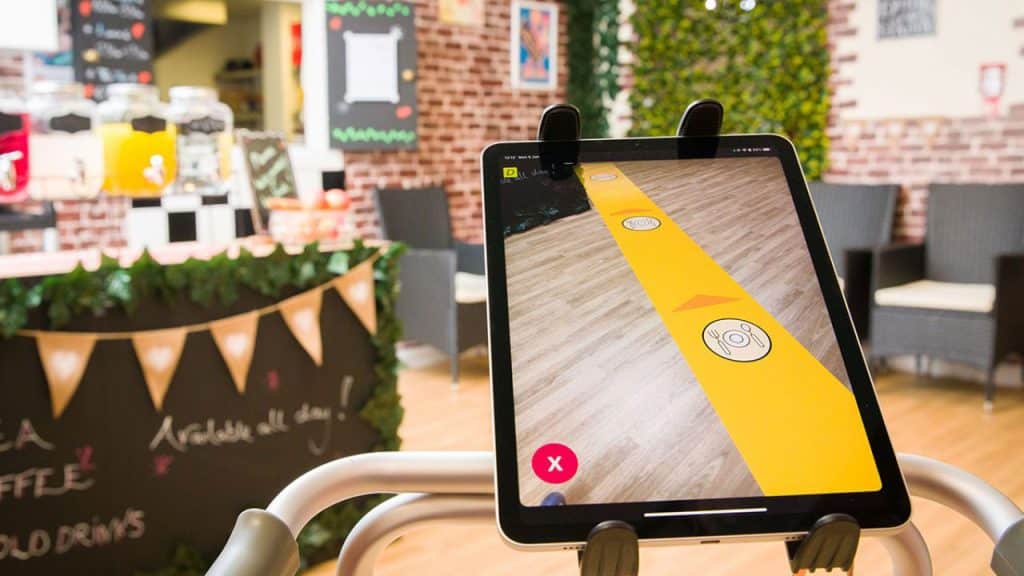Part of the reason dementia can be so devastating is its wide-ranging impact across so many areas of your life, plus the lives of the people around you. With modern technology growing increasingly advanced, scientists are constantly looking for new ways to manage this condition (https://longevity.technology/news/ai-innovations-to-transform-living-with-dementia-awarded-1-9-million/).
That’s the aim of the Longitude Prize on Dementia and why it recently awarded Ł80,000 each to its semifinalists for their work developing personalized technology to improve the quality of life for people with dementia. The prize is funded by the Alzheimer’s Society and Innovate UK, both British-based organizations, and is delivered by Challenge Works, with recipients based around the world.
We can’t cure dementia, and medical options for alleviating symptoms are limited. As longevity continues to increase and more people develop the diseases of aging, the need for better solutions for managing dementia is becoming more and more urgent.
One of the new technologies to receive an award was a kind of map using augmented reality. People with dementia can easily become lost and confused, even when navigating familiar streets in their local area. The Dorothy Community “Yellow Brick Road” map from Care City (UK) can help provide directions and simple instructions, including visualized pathways, so users can continue to move independently and safely.
Another prize-winning technology came from Khalifa University in the UAE. A form of iMAGIC smart glasses, they include facial recognition software so familiar people do not end up looking like strangers. Other functions for the glasses include zooming in and out (a useful navigation aid), monitoring vitals, issuing alerts and even making phone calls. Future models may be able to identify and scan QR codes.
A third semifinalist came from the US, specifically Amicus Brain Innovations. It’s an app that functions as a virtual speech assistant. That means that people with dementia experiencing language and communication difficulties can use an interactive AI with speech and language processing abilities to listen to their “broken speech.” It can then voice a corrected version with the gaps and mistakes filled in and repaired.
These are just three of the many new technologies being celebrated, with the panel of judges being guided by those with lived experience, including people with dementia, carers and former carers. It’s a small glimpse of how we may be able to improve this group’s quality of life.




